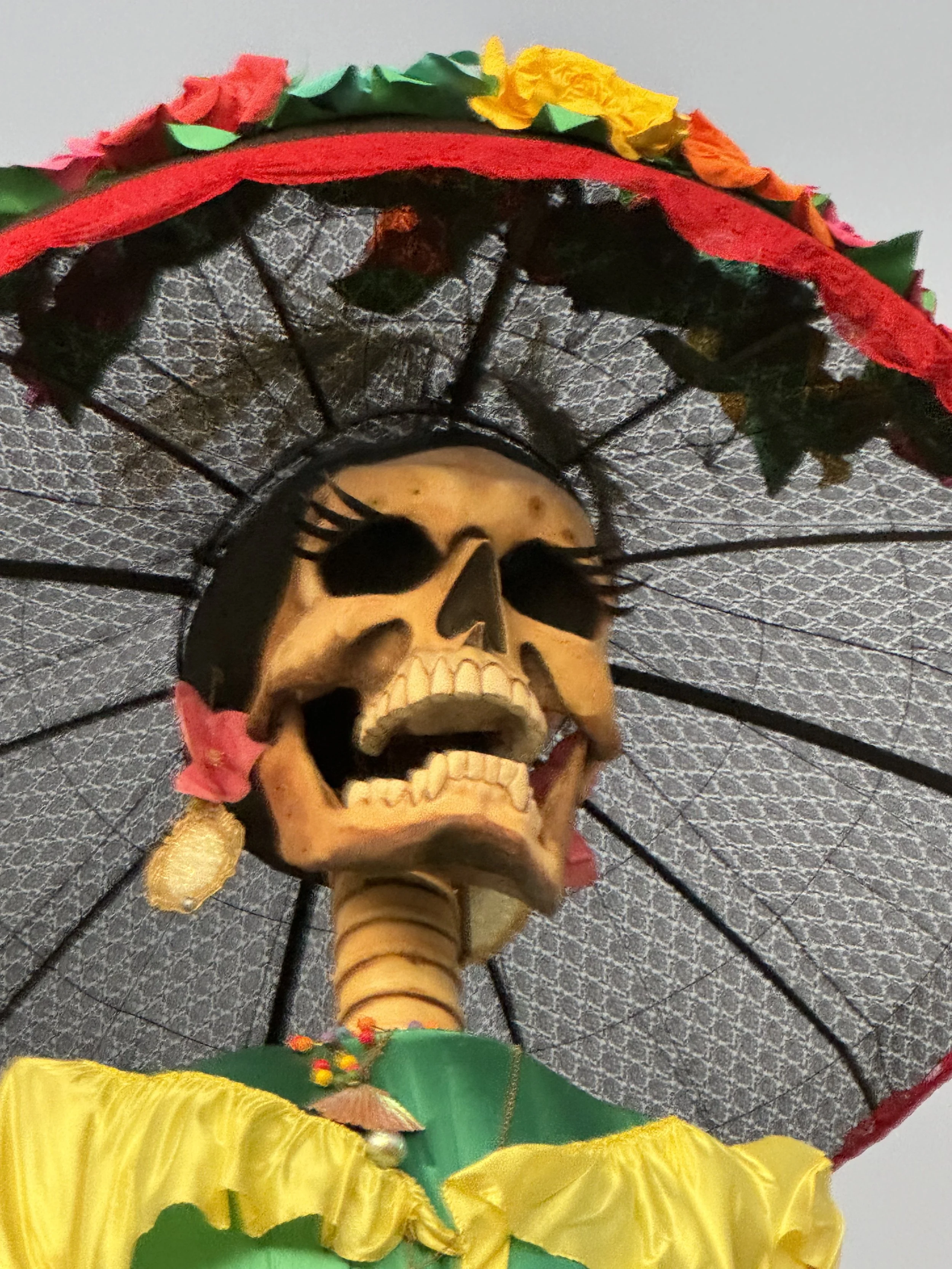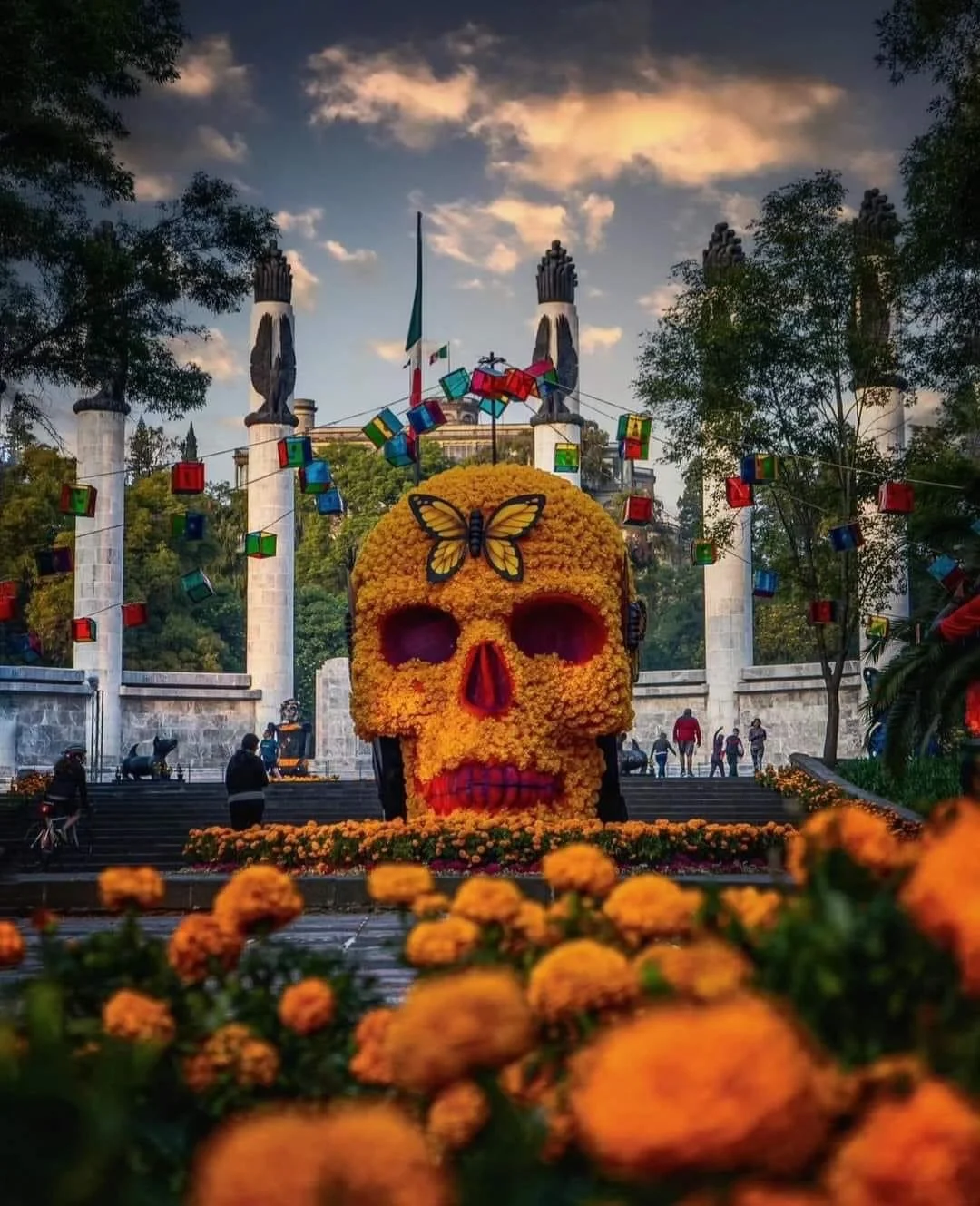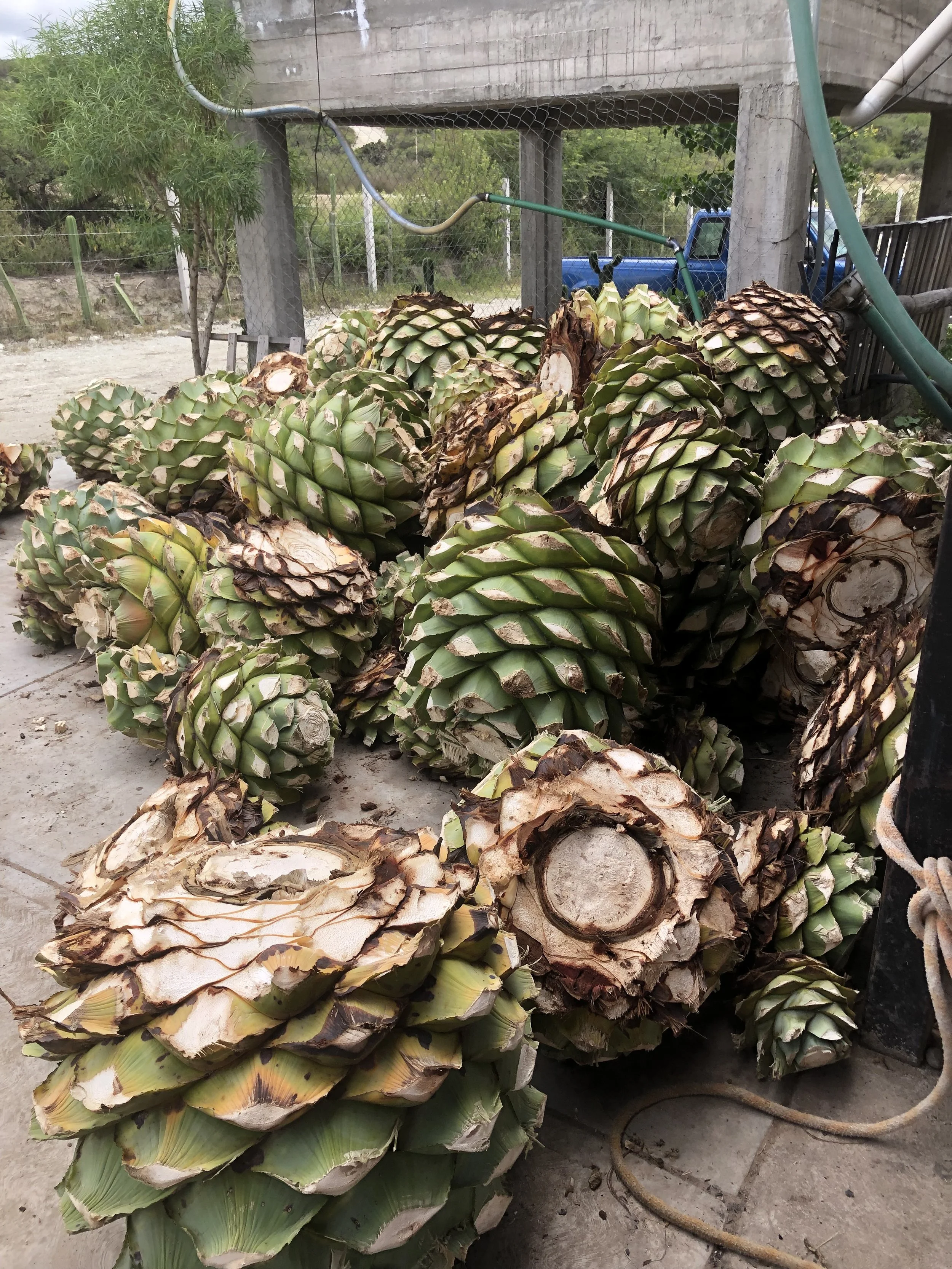Honoring the Dead with Tequila and Mezcal
The Spirit of Día de los Muertos: Honoring the Dead with Tequila and Mezcal
Día de los Muertos, or Day of the Dead, is one of Mexico’s most vibrant and meaningful traditions. Celebrated annually on November 1 and 2, it is a time for families to honor their deceased loved ones, welcoming their spirits back to the world of the living with offerings, or ofrendas, of food, drink, and personal mementos. While many around the globe associate the holiday with colorful sugar skulls and marigold-strewn altars, the deeper cultural and spiritual significance of Día de los Muertos lies in its unique approach to death: not as something to fear, but as a continuation of life to be celebrated.
The Ofrenda: A Portal Between Worlds
At the heart of Día de los Muertos is the ofrenda, an altar carefully arranged with items that invite the spirits of the departed to visit. Each component has symbolic significance:
• Marigolds (Cempasúchil): Known as the flower of the dead, their bright orange petals and distinct fragrance are believed to guide spirits back home.
• Candles: Representing light and hope, they illuminate the path for returning souls.
• Photographs and Keepsakes: These personalize the altar, honoring specific individuals.
• Food and Drink: Nourishment for weary spirits after their long journey from the afterlife.
Among these offerings, traditional Mexican beverages like tequila and mezcal often take pride of place. But why are these spirits—both literal and figurative—so central to Día de los Muertos?
Tequila and Mezcal: A Toast to the Departed
Tequila and mezcal are more than just drinks; they are deeply rooted in Mexican history and identity. These distilled spirits, made from the agave plant, embody centuries of tradition, craftsmanship, and a connection to the land. Their inclusion on an ofrenda reflects the profound role they play in Mexican culture and in honoring loved ones.
1. Symbolic Hospitality
Día de los Muertos is as much about welcoming the dead as it is about celebrating life. Just as you might offer a guest their favorite drink when they visit, ofrendas include items the departed enjoyed during their lives. If a loved one appreciated a fine mezcal or a shot of tequila, placing a bottle on the altar is a way of saying, “Bienvenidos,” and making their visit special.
2. Cultural Significance
Tequila and mezcal are quintessentially Mexican. Made from agave, a plant native to the region, these spirits represent resilience, transformation, and the blending of ancient traditions with modern methods. Their presence on the ofrenda not only honors the departed but also celebrates the cultural heritage that connects the living and the dead.
3. Spiritual Connection
In pre-Hispanic times, pulque, an earlier fermented agave beverage, was considered sacred and was used in rituals to connect with the divine. While tequila and mezcal are distilled successors of pulque, they retain a spiritual essence, making them fitting offerings for a day that blurs the line between the mortal and the eternal.
4. A Celebration of Life
Día de los Muertos is not a somber affair but a festive celebration filled with music, laughter, and joy. Tequila and mezcal, often associated with toasts, conviviality, and storytelling, perfectly embody this celebratory spirit. Sharing a drink—whether in life or in memory—is a way of keeping connections alive.
The Ritual of Sharing
While tequila and mezcal are placed on the ofrenda for the spirits, they are also shared among the living during the celebration. Families and friends gather to remember loved ones, exchanging stories and sipping the same drinks placed on the altar. This act of sharing reinforces the idea that the dead are never truly gone as long as they are remembered.
Beyond the Altar: Carrying Tradition Forward
Today, Día de los Muertos has gained international recognition, but its essence remains deeply personal and community-driven. As tequila and mezcal find new fans worldwide, their inclusion in this sacred tradition serves as a reminder of the importance of honoring roots, whether cultural or familial.
When you see a bottle of tequila or mezcal on an ofrenda, it’s more than a beverage—it’s an invitation, a tribute, and a testament to the enduring bonds between the living and the dead. So, this Día de los Muertos, raise a glass to those who came before, and celebrate the beautiful cycle of life, death, and memory.
¡Salud!


